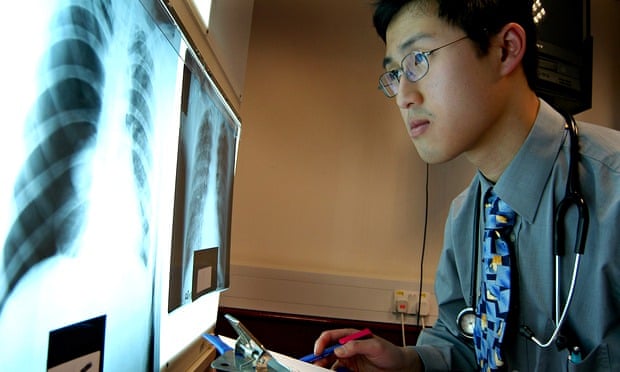As our society learns to recognise that more could be done for those who
are physically impaired, there seems to be a corresponding rise in
social vigilantism that springs up quickly to condemn anyone who seem to
show little consideration for the less able-bodied.
Not long ago, there was an impassioned plea in parliament for a better understanding of those who suffer some form of physical disability. There are many small voices that cry out to the able-bodied for more of their patience and understanding. It is important that we learn to hear these voices which are quietly tugging at our heartstrings as we strive to become a more compassionate society.
Not long ago, there was an impassioned plea in parliament for a better understanding of those who suffer some form of physical disability. There are many small voices that cry out to the able-bodied for more of their patience and understanding. It is important that we learn to hear these voices which are quietly tugging at our heartstrings as we strive to become a more compassionate society.
In sparing thought for those who are physically impaired, we need to realise that there are also many amongst us who do not suffer from any obvious physical impairment but need our patience and understanding no less. They are the ones suffering quietly from emotional distress who do not display the outwards signs of physical impairment that would have otherwise drawn to themselves the spontaneous help from concerned bystanders. Very often, these troubled souls are mistaken by social vigilantes as people who are cold and dispassionate in responding timely or appropriately to the needs of a less able-bodied person standing close to them. And they are caused to suffer from public ridicule and condemnation, adding on to their untold frustration and emotional torment and pushing them to breaking point.
Materialism and elitism have been the twin evils that have come to occupy our minds from the decades spent in a national pursuit for global excellence in every undertaking. Sky-rocketting property prices which are grossly disproportionate to the rise in income levels have shattered the dreams of many young Singaporeans and pushing them into migrating overseas. Keen competition with foreigners for jobs, housing and transport in our own land has displaced many individuals and families and severely dampened morale. Divorces are constantly on the rise and more children are left to the care of domestic helpers as dual incomes from their parents become indispensable. Rising business costs have closed the curtains on many local enterprises and constant skills upgrading have not brought about better jobs. Endless new legislations and regulations have raised the pressures of living in this small city-state and there are many people who look perfectly normal on a perfect day but are too stressed out mentally and emotionally. They are already at wits' end.
For all
these troubled souls who appear as normal, healthy- looking people, they
too have small voices crying out for patience and understanding as
well.
"If I am not giving you my seat, it's not because I am unkind; I am just lost in my thoughts."
"If I am not giving way, it's not because I don't care; I just do not have much time left."
"If I am not paying any attention to you, it's not because I am cold; I just don't know what I am going to do anymore."
"If I am going too fast, it's not because I am reckless; I am just worried that I may not make it."
"If I don't answer you, it's not that I want to be rude; I just don't know what is happening to me."
"If I don't see you standing in front of me, it's not because I am pretending to sleep. I am just very, very tired."
Let's all learn not to be too quick to point our fingers without sparing a thought for someone who may be one of these troubled souls. He or she needs our patience and understanding too.
"If I am not giving you my seat, it's not because I am unkind; I am just lost in my thoughts."
"If I am not giving way, it's not because I don't care; I just do not have much time left."
"If I am not paying any attention to you, it's not because I am cold; I just don't know what I am going to do anymore."
"If I am going too fast, it's not because I am reckless; I am just worried that I may not make it."
"If I don't answer you, it's not that I want to be rude; I just don't know what is happening to me."
"If I don't see you standing in front of me, it's not because I am pretending to sleep. I am just very, very tired."
Let's all learn not to be too quick to point our fingers without sparing a thought for someone who may be one of these troubled souls. He or she needs our patience and understanding too.


